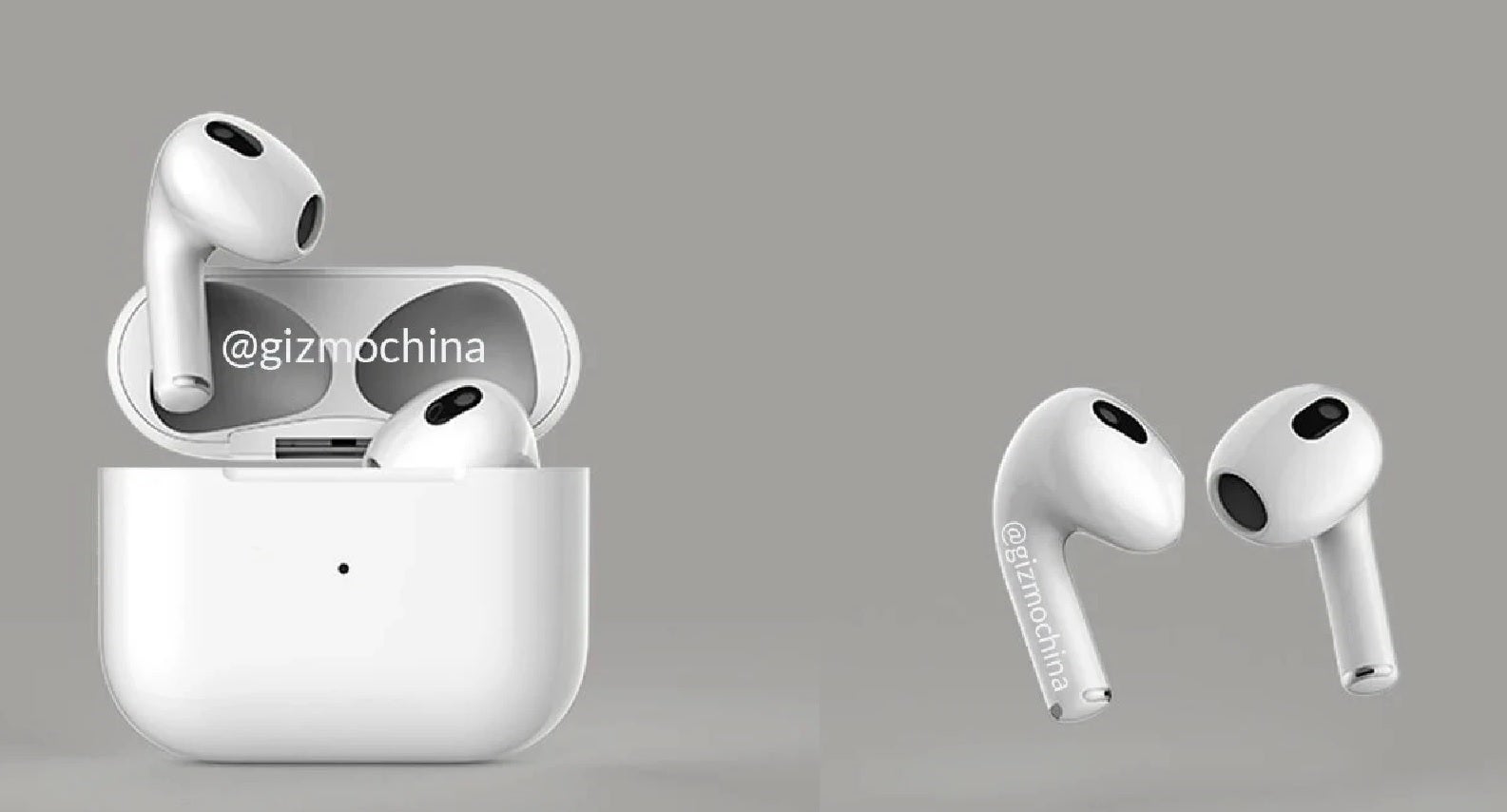COVID, lack of engineers, puts the kibosh on Apple and Google's plans to move production to Vietnam

Both Apple and Google have been considering shifting some of their production out of China and into Vietnam. Apple originally planned to have the third-generation AirPods made in Vietnam but two people familiar with Apple's plans told Nikkei Asia that Apple will have the next-gen wireless Bluetooth earbuds manufactured in China. The sources said that Apple still hopes to move 20% of new AirPods production to Vietnam eventually.
Thanks to the pandemic, Apple and Google cannot move the production of some devices to Vietnam
Back in 2019, Apple did move some AirPods and AirPods Pro production to Vietnam. This took place during the U.S.-China trade war when the U.S. was taxing imports from China and vice versa. The same year, it was reported that Google would aggressively move production of U.S. bound hardware out of China and into an old Nokia plant in North Vietnam. But this move, which was supposed to happen in time for the production of the Pixel 4 line, was not done.

Apple was originally expected to produce the AirPods 3 in Vietnam
Instead, the Pixel 5 was built in China and according to four people familiar with the matter, Google will build the Pixel 6 series in China as well although production of the line was supposed to move to Vietnam early last year. The reason why Google will continue to build the new Pixel units in Shenzhen where the Pixel 5 models were made instead of in Vietnam has to do with the latter country's limited engineering resources and travel restrictions.
Vietnam has a lot going for it as a place where tech products can be assembled. It is close to China and has a young labor force. When U.S. companies were looking for countries to replace China in order to avoid tariffs, Vietnam was one of the top choices. But the lack of experienced engineers makes building a regional supply chain in the area difficult.
The absence of experienced engineers in Vietnam also makes it difficult to start the production of new products in the country. One supply chain executive whose company works with Apple and Google says, "[Vietnam's] engineering workforce is still far from adequate. With all the travel restrictions, it's only feasible to make products in Vietnam that are already in mass production elsewhere, rather than starting production of upcoming products from scratch in the country."
China and Vietnam have both tightened up their borders and are issuing passports at a slower rate in an attempt to slow down the spread of the delta variant of COVID-19. This has been confirmed by China's National Immigration Administration. Moving production to Vietnam was made more difficult by a wave of COVID-19 infections that took place in the country back in May.
There is a fear that people moving back and forth across the borders will spread the virus. The aforementioned National Immigration Administration stated in a public Q&A document published on August 4th, "The administration has strictly reviewed all of our citizens' passports and travel document applications to stop the pandemic from spreading through cross-border movements. The administration will continue to adopt the strict policies going forward to restrict unnecessary cross-border travel."
Several supply chain managers in China told the Nikkei that their staff is finding it harder to apply for business trips to Vietnam. A senior manager of an Amazon supplier says, "The border control has been tightened in the past few months. We could not easily dispatch our Chinese engineers to support our production projects for Amazon in northern Vietnam, so the company has been bringing in fully vaccinated Taiwanese engineers from China."
To combat the rapidly spreading virus in Vietnam, several manufacturers have stopped production in the country including Samsung. Apple suppliers Foxconn, Luxshare, and Goertek also briefly halted production in Northern Vietnam back in May.
Annabelle Hsu, an IDC analyst, said that any setback for Vietnam is likely to be temporary. She said "We noticed there are some impacts on production lines and a slowdown in shifting of production capacity due to COVID-19 resurgence and government measures. However, we don't think the Vietnamese government will adopt such strict measures for very long, otherwise it will affect its own economy and its rising manufacturing prowess."










Things that are NOT allowed: